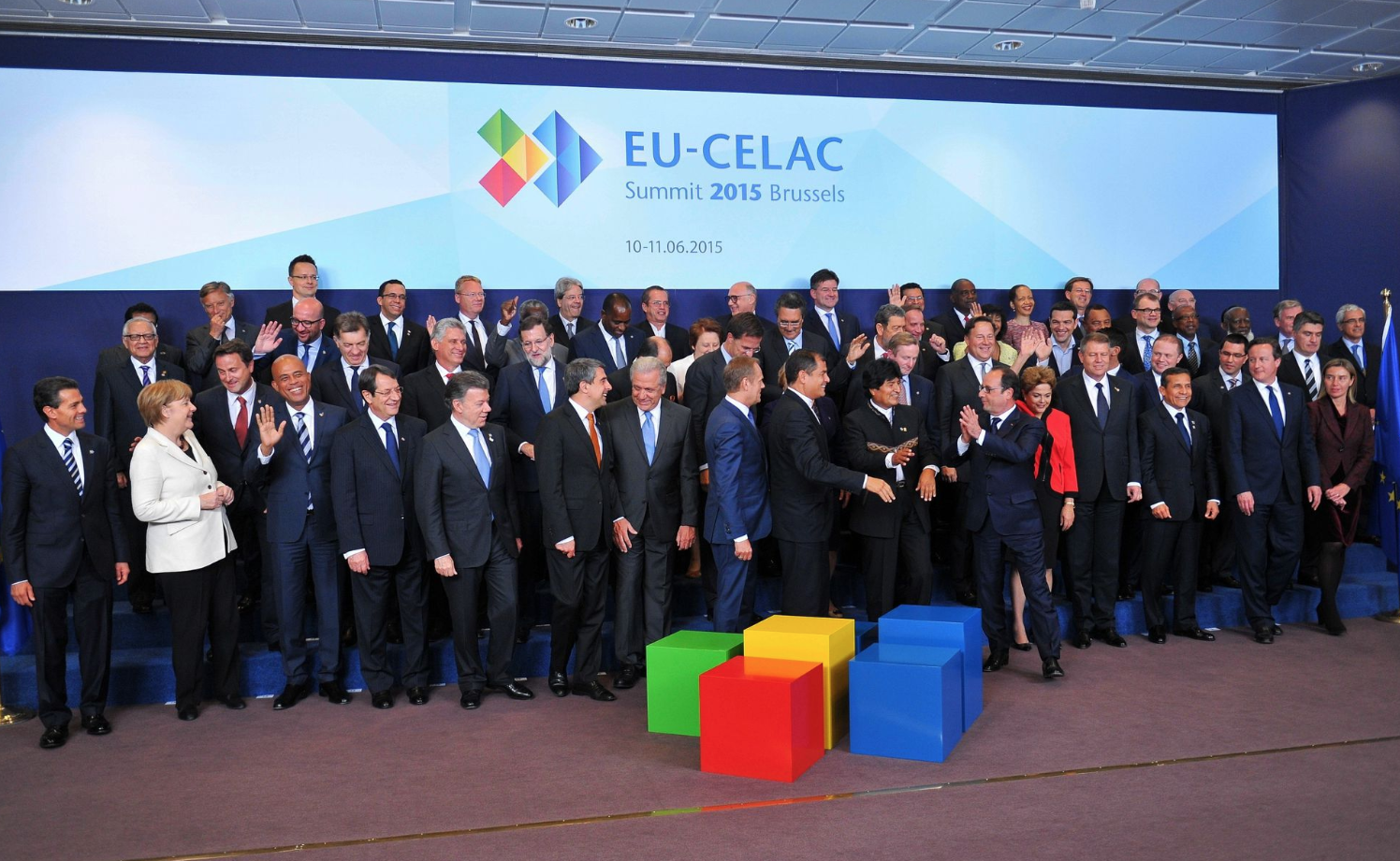On December 31, 2019, while virtually the entire planet was celebrating the turn of the year, the Wuhan Municipal Health Commission (Hubei Province, China) was reporting a cluster of pneumonia cases in the city. Few imagined then that a pandemic that would disrupt the global order was developing. 2019 had been a complex year where dissatisfaction with the political and socioeconomic situation had led citizens from different parts of the planet to mobilise against their authorities. From Lebanon to Ecuador, passing through France or Puerto Rico, the population raised its voice against the economic measures adopted by their States, climate change or gender violence. However, 2020 would be the most complex year at the global level in recent history.
On January 25, 2020, the first case of Covid-19 was diagnosed in Europe, when an 80-year-old man from Hubei province was affected by the virus and died just two weeks later. On February 21, a large outbreak was reported in Italy and on March 13, the World Health Organization (WHO) declared Europe the epicentre of the pandemic. The pandemic reached Latin America a little later, with the first case diagnosed on February 26, 2020, in Brazil. However, the virulence with which it affected the region soon became evident: although Latin America accounts for 9% of the world’s population, in 2020 it accounted for one fifth of the infections and 30% of the deaths.
In the context of a health crisis, which would later become an economic and social crisis, the need to establish cooperation mechanisms to deal with a problem of global dimensions soon became apparent. In this regard, it is worth highlighting the concept of “resilience”, which was at the heart of the European Union’s (EU) Global and Security Strategy some years ago. Following this principle, the EU assumed that in an increasingly complex and globalized world, it was necessary to strengthen the capacity of countries to withstand external shocks. Cooperation with less resilient developing countries was therefore an important item on the European agenda.
The pandemic certainly served to put this principle into practice. While Covid-19 put EU health systems under severe stress, the response capacity in Latin America and the Caribbean (LAC) was even more precarious due to the weakness of their systems. Despite the adoption of policies of social distancing and/or confinement, there was a strong risk of collapse. Informality and social inequality acted as obstacles to the success of measures against the virus, and the limited fiscal capacity of the States prevented increased spending on health and protection of the most vulnerable sectors. In addition, the weakness of regional integration systems hindered coordination between countries and the adoption of measures to address the pandemic jointly.
In this context, and after years of relative silence on the bi-regional agenda, the pandemic reactivated the channels of dialogue between LAC and the EU. On December 14 and 15, 2020, the EU-LAC informal ministerial meeting was held in a hybrid manner. There, the EU High Representative for Foreign and Security Affairs pledged to relaunch transatlantic relations beyond the borders of the United States. In addition to working on the fight against the pandemic and the most urgent needs of the region, it was necessary to address outstanding issues. Among them, the social and institutional demands that inspired the mobilisations of 2019, the growing polarisation and the emergence of authoritarian tendencies in certain countries of the region.
This commitment has been materialising in some actions. For instance, last June the European Commission launched an initiative to strengthen the production of vaccines and medicines in LAC and to strengthen public health systems in that region; the proposal by the Spanish presidency of the European Council for the second half of 2023 to deepen links between regions; or the project to promote sustainable links and investments in the digital, energy and transport fields, as well as to strengthen health, education and research systems.
The health crisis highlighted the neglect that EU-LAC relations had suffered in the years leading up to the pandemic. And the post-Covid context has highlighted the risks that this implies, not only for the development of the region, but also for the world order. As an example, the rapprochement of some Latin American countries with Russia after the invasion of Ukraine and the rejection of the sanctions imposed by the EU.
In order to avoid a further cooling of EU-LAC ties, it is necessary, together with cooperation in the above-mentioned areas, to implement economic policies that allow trade exchange on equal terms. It is also important for the EU to provide financial assistance to LAC in order to overcome the socioeconomic crisis in which it is mired and to reduce the dependence of the countries of the region on the World Bank and the International Monetary Fund. Finally, the EU must overcome the homogenous vision of LAC, because if it wants to build solid alliances, it must understand the differences and specific needs of the different countries.
Every crisis is an opportunity and the recovery of the world after the impact of the coronavirus is a global challenge that can serve as a cohesive element. May it serve as an incentive to strengthen strategic cooperation based on dialogue, development and multilateralism.
*This text was originally published in the EU-LAC blog.












